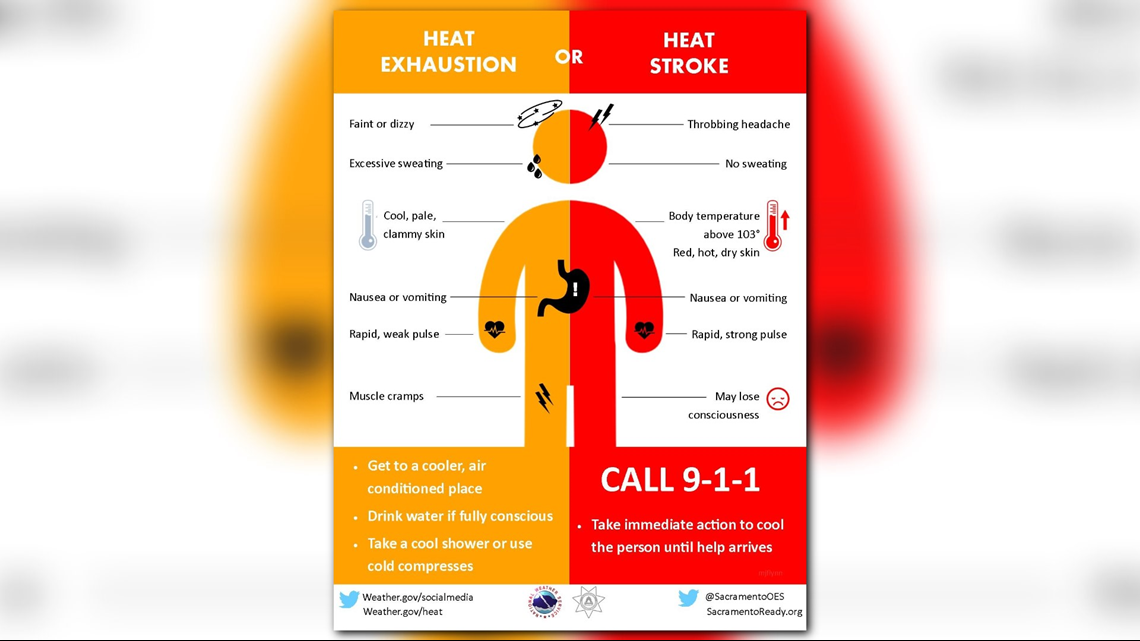TYLER, Texas — The mercury in the thermometer is rising in Texas.
While more businesses and outdoor activities continue to open up and people get outside, the heat is something you should take seriously.
Tyler Complete Care ER physician Dr. Brad Robertson says the symptoms of heat exhaustion, which can progress to heat stroke, are very noticeable.
“When you get to heat exhaustion, people are sweating profusely, heart rates up respiratory rates up. Maybe some nausea starting to kick in," Dr. Robertson said. "When it progresses to what I would consider heat stroke, you're definitely at the hot core body temperature. Sometimes we'll stop sweating, it'll be red, warm and dry, which is not not a good thing to see by that point, usually some nausea vomiting."


Dr. Robertson says the main key to preventing heat related illness is hydration.
“Trying to pre-hydrate and just pushing a little more fluids, water, and that kind of stuff in general will help rather than trying to play catch up after you get too hot,” Dr. Robertson said.
Dr. Robertson says about half a gallon of water is the minimum amount of water a healthy individual should have in a day.
Another key in preventing heat related illness is paying attention to how you feel.
“If you have to work out in the heat, just really trying to stay on top of the fluids and not getting behind. Watch your heart rate a little bit and figure out where your baseline is," Dr. Robertson said. "If it starts getting up too high, you may have to back off what you're doing. Probably the hydrations the big thing to do beforehand, if possible."

